The South gets more sun than most of the rest of the US, but some states along the Gulf Coast aren’t doing everything they could to take advantage of this nearly limitless resource.
Among the states we’re covering here — Texas, Oklahoma, Louisiana, Arkansas, Tennessee, Alabama, Mississippi and Kentucky — some are experiencing a solar boom, while others actually try to restrict its spread.
Jill Kysor, senior attorney with the Southern Environmental Law Center, said that increasingly key policies are being put in place to enable more solar installations in the South.
“It’s a pretty direct relationship: If there’s net metering available, solar adoption rates tend to be pretty strong and if net metering is not available, it definitely has tended to lag,” she said.
Even where there’s lag, there’s still plenty of solar potential to be found for those dogged enough to capture it. Here are the best solar installation companies operating across the South.
Read CNET’s coverage of other regions’ solar potential: New England, the East Coast, the Midwest and the West Coast.
Best national solar panel companies in the South
No matter how convincing reviews of solar companies are, you should always get multiple quotes before choosing one. These companies are the larger companies that CNET has put through its review process to good results.
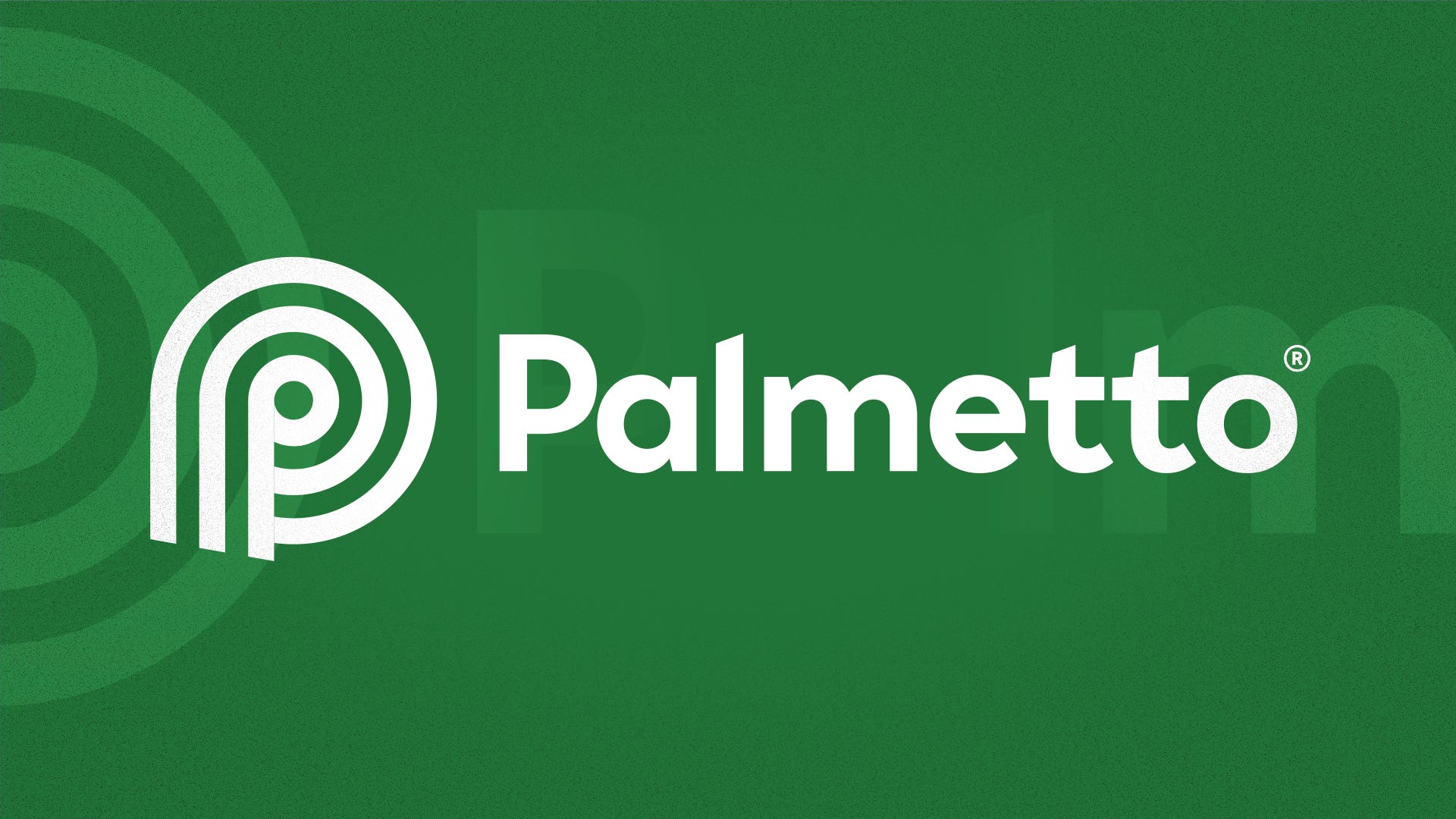
Palmetto Solar
Best overall
Solar panels are typically low maintenance equipment, but they’re also unfamiliar. If you want to reap the benefits of solar but will have a bit more peace of mind if someone else is making sure it’s working, Palmetto might be a good fit for you. Just remember to add the cost of Palmetto’s monitoring service in to your payback period calculations.
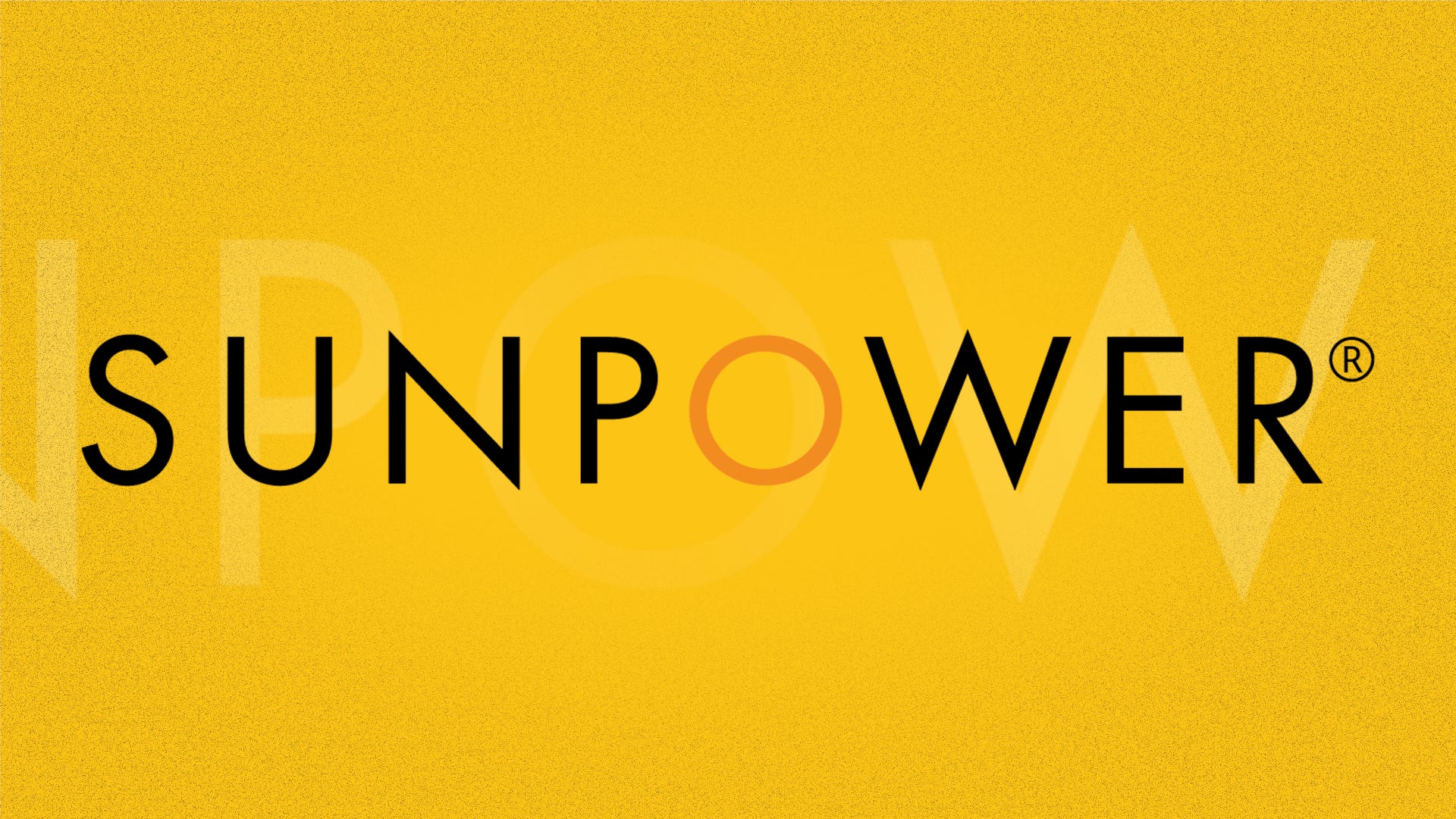
SunPower Solar
Best solar panels
If you’re looking for top-of-the-line solar panels, SunPower is your best choice. But don’t write it off if you’re looking for a less flashy installation that will get the job done. This year it started installing Qcells panels, which should make an installation from the longest-tenured company on our list available to more people.
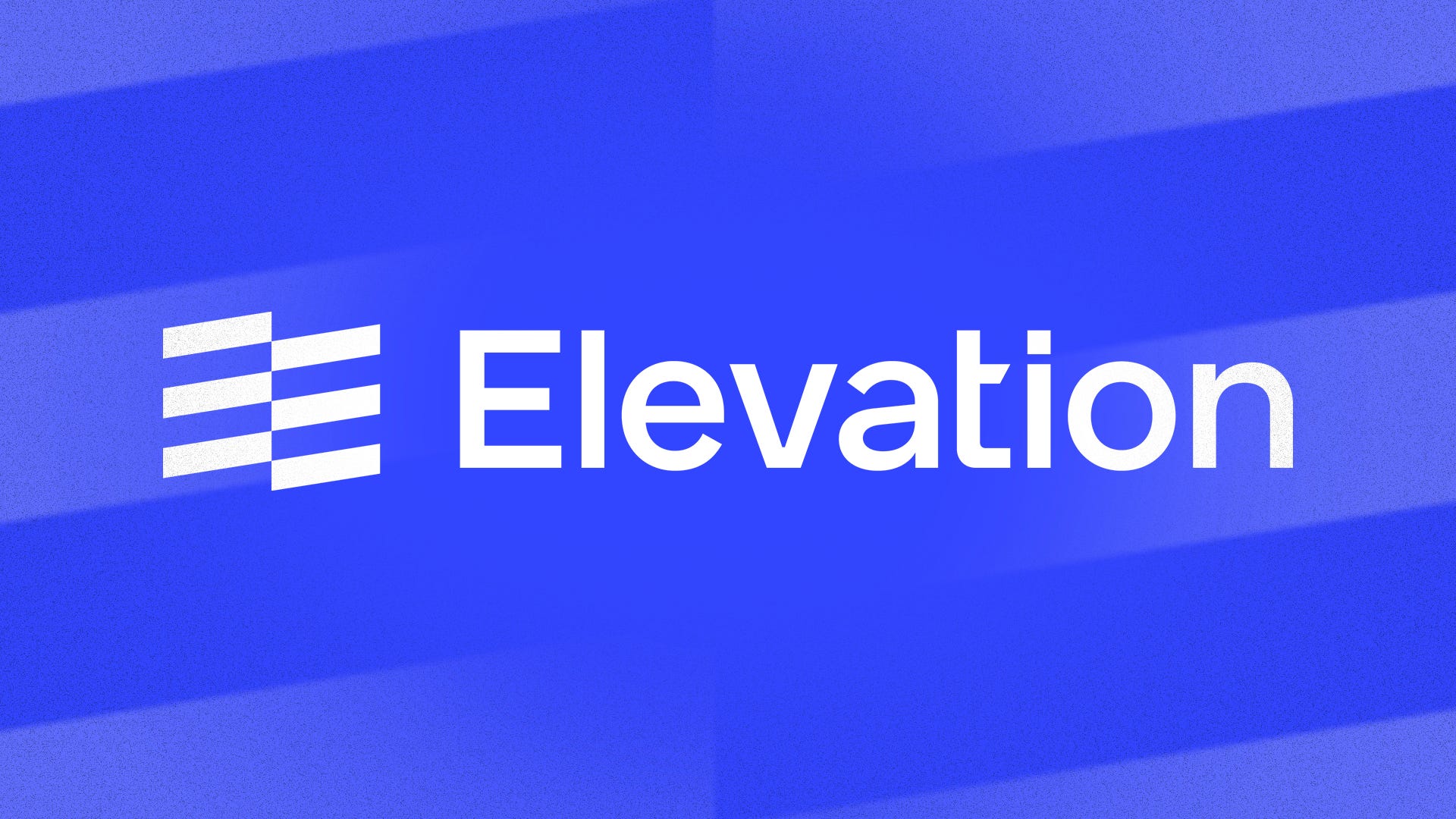
Elevation
Whole home approach
Elevation’s focus on your home’s energy efficiency isn’t the norm in the industry. If you’re planning on addressing energy efficiency first, working with Elevation allows you to keep the whole process with one company. Elevation’s solar equipment comes from well-established and well-regarded companies. Elevation’s warranties on workmanship and weatherization could be a bit longer.
Include Freedom Forever in your search if you want the backing of a national company that installs a wide variety of the most popular solar equipment available. Freedom Forever also extends a couple of products that take some of the pain and risk out of going solar, like a production guarantee and an escrow option with cash purchases. Online reviews say customer satisfaction has been low of late, though the company says that’s changing.
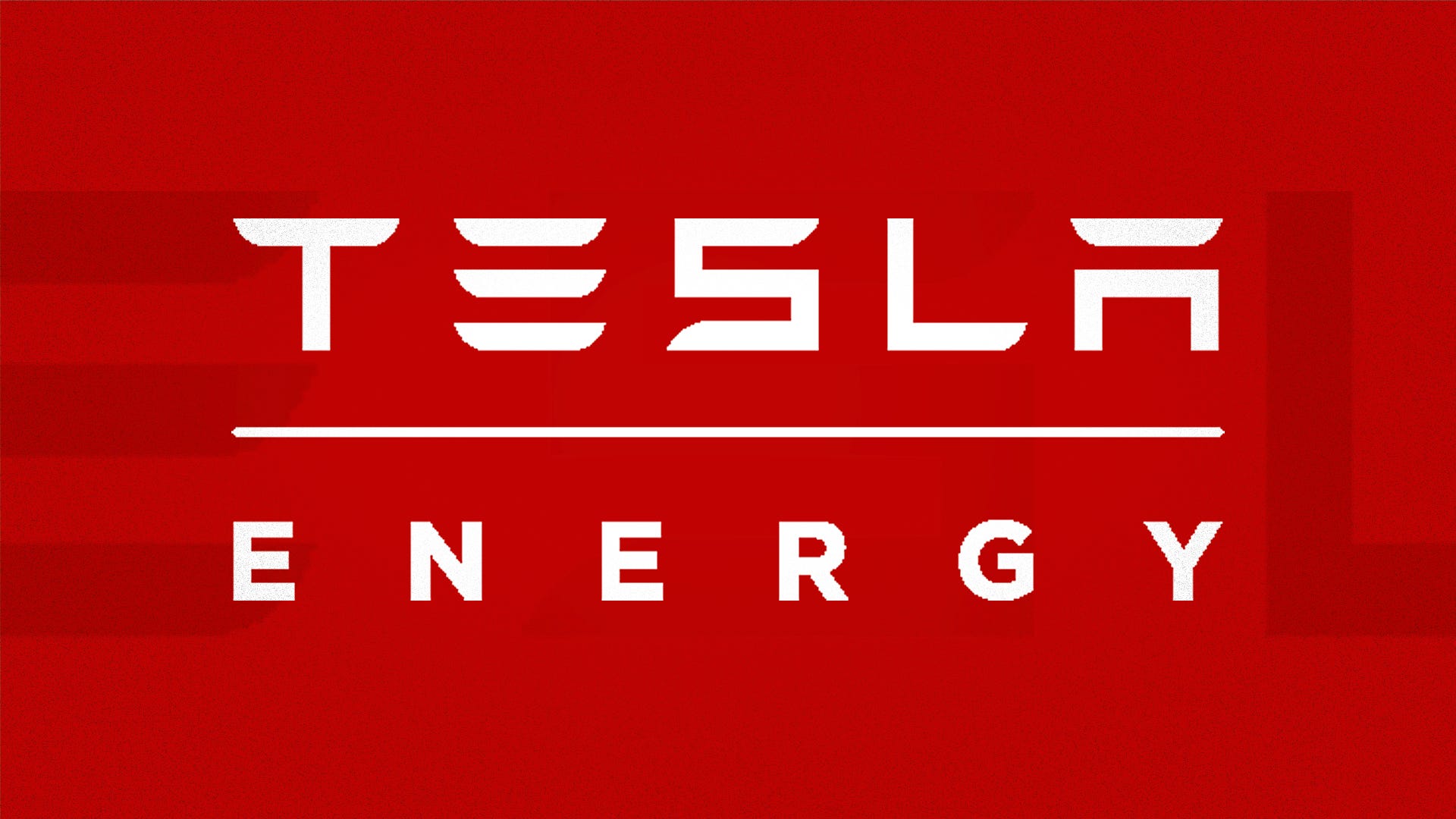
Tesla
Most affordable
Tesla’s solar branch seems to be the least loved of Elon Musk’s ventures. Even Tesla’s Solar Roof seems to get more love.
If price is the thing you won’t budge on, consider Tesla. By all accounts, Tesla installs quality panels and makes the closest thing there is to a household name in solar storage: the Powerwall.
Where you might miss out is customer service. Discussion online seems to suggest Tesla’s service is a bit of a gamble.
Local solar panel companies in the South
When it comes to available solar installers, the South is something of a hodge-podge, with some states well served and others, like Alabama and Mississippi, with just a handful of solar companies to select from.
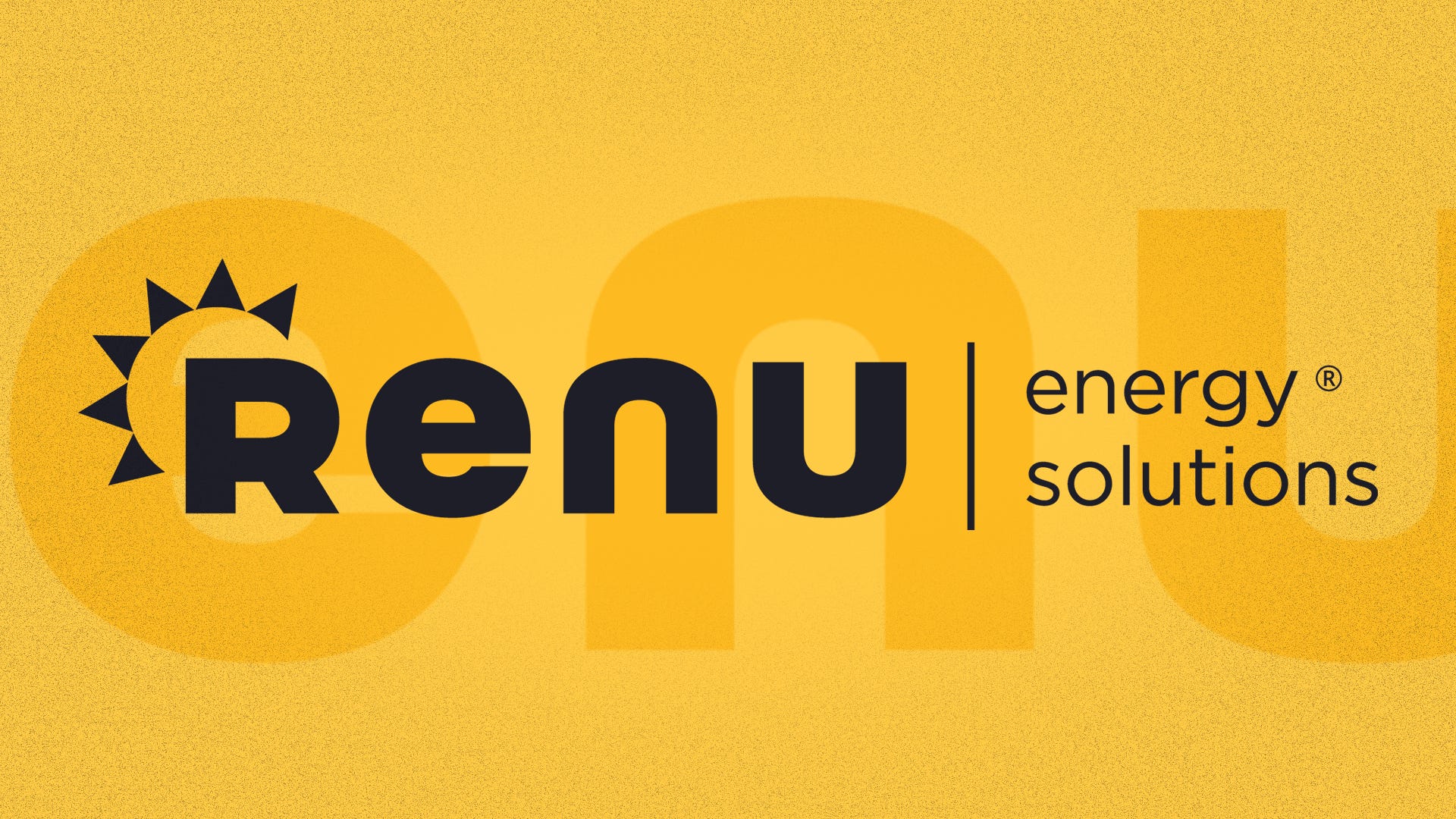
Renu Energy Solutions
Great option for the Carolinas
If you live in the Carolinas, Renu offers equipment from well-respected manufacturers and has indicators that its customers are, overall, quite happy. Some of it’s warranties — 10 years on workmanship and 5 years against leaks — are a bit shorter than others in the industry, where they can reach twice as long. Customers gave it an average rating of 4.79 out of five at the Better Business Bureau, which is higher than most companies on the list.
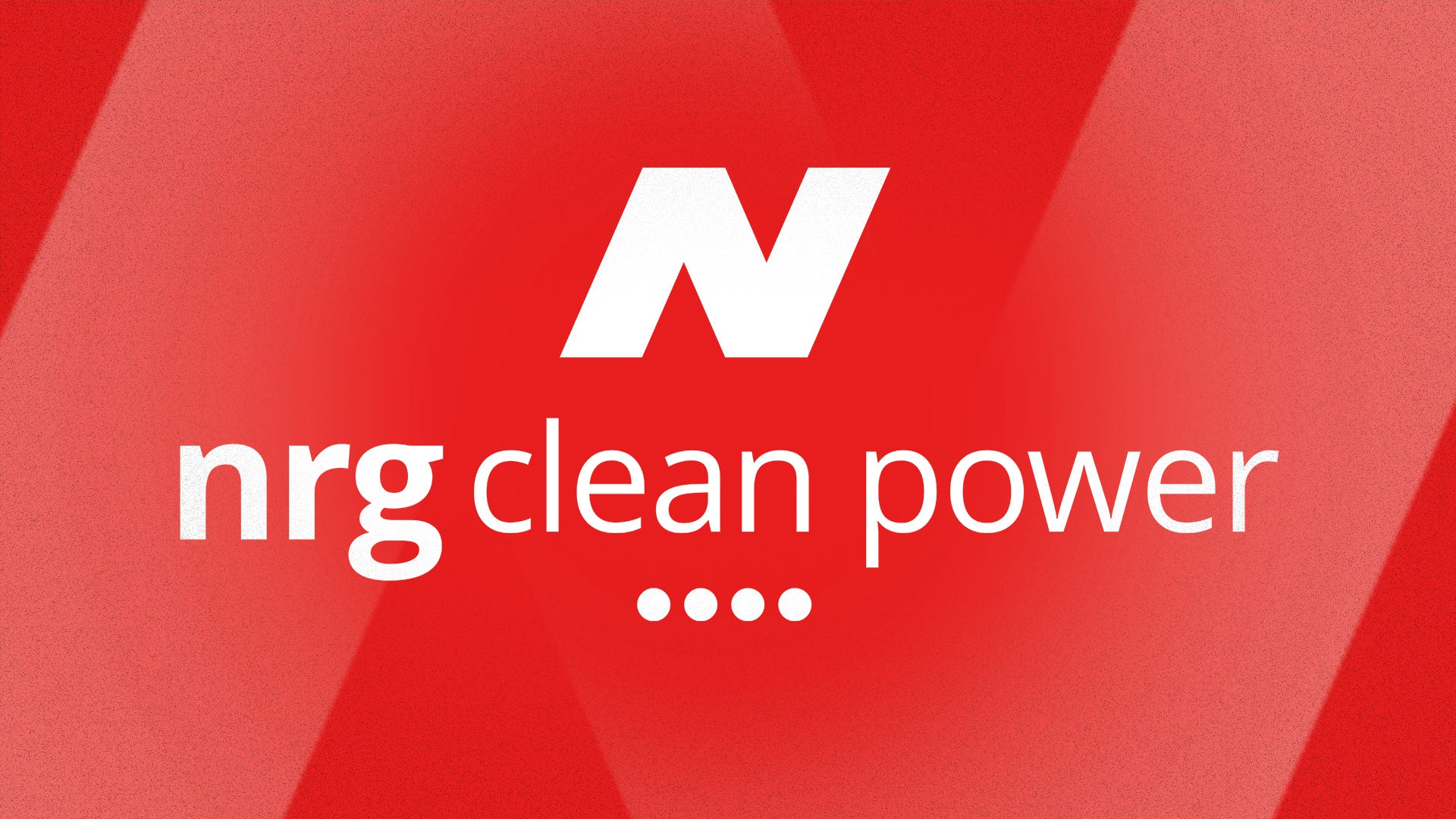
NRG Clean Energy
Best for Texas
NRG Clean Power brings one of the solar industry’s most confident approaches to its work, offering a price match and 40-year warranty. NRG Clean Power is a solid bet as long as you live in Texas and California. NRG Clean Power does not offer leases or power purchase agreements, but it does provide solar panel cleaning and roofing services as well as a reliable equipment menu.
Dallas-based MyRoof Solar is a regional installer that offers both roofing and solar installations, focused on the south, including Texas, Louisiana, Oklahoma, Kentucky and Arkansas. The pairing of roofing and solar is a fairly natural one. Having a solid foundation to install rooftop solar on is an important consideration. Solar panels can be removed for roof maintenance, but this typically incurs an additional expense.
How to determine which solar company in the South is best for me
Keep in mind that none of the above local companies, aside from NRG Clean Power, have gone through CNET’s review process. CNET’s reviews are based on our own research and industry knowledge; we do not directly test solar equipment or go through the ordering and installation process with any solar companies.
When researching online, reviews like those from established organizations like the Better Business Bureau can sometimes be helpful. Keep an eye out for scams or overpromising salespeople.
It’s imperative to do your own due diligence and research thoroughly before selecting a solar company, because each installation tends to be unique. Get multiple quotes from local installers before signing anything. Talk to friends and neighbors in your area about their experience with a solar installer. CNET has also broken down the solar scene in each state. You can find links to those articles above.
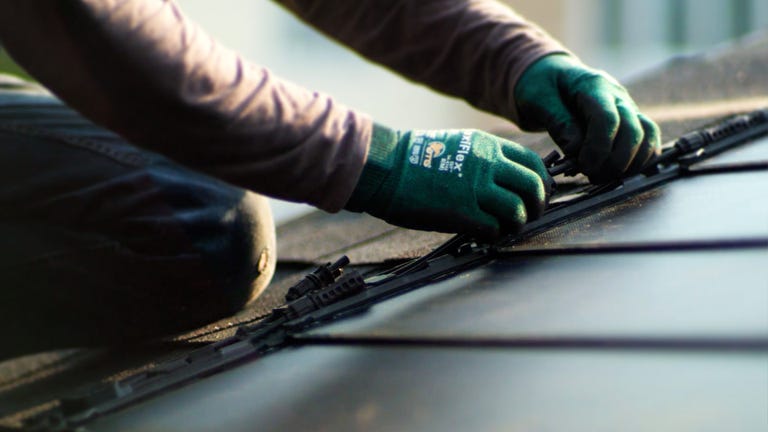
Watch this: New Solar Shingles You May Not Even Notice
The cost of electricity
The cost of electricity in the South in June 2023 ranged from 11.243 cents per kilowatt-hour in Louisiana to 14.63 cents per kilowatt-hour in Alabama, according to the EIA. That’s slightly below the national average. In general, you’ll save more money quicker with solar if it’s replacing more expensive energy, but that’s also dependent on how much energy you use and the policies that support or deter solar adoption.
Average cost of solar panels in the South
As of the first quarter of 2023, a finished solar installation was running $3.28 per watt on average nationwide, according to consulting firm Wood Mackenzie (PDF). The Lawrence Berkeley National Laboratory did its own analysis earlier this year and found the cost of a typical 8.6-kilowatt residential system was $31,558 to install before incentives, or about $3.67 per watt. Throughout the south, the cost of solar tends to run close to or below the national average, according to data from FindEnergy.com. A few exceptions are Louisiana, where the cost is above the national average, and Alabama, where state legislation disincentivizes solar installations and pricing data is hard to gather.
| System size (kW) | Price per watt | Installed cost | |
|---|---|---|---|
| Alabama | N/A | N/A | N/A |
| Arkansas | 10 | $3.49 | $34,900 |
| Kentucky | 10 | $3.65 | $36,500 |
| Louisiana | 10 | $3.80 | $38,031 |
| Mississippi | 11 | $3.14 | $34,540 |
| Oklahoma | 10 | $3.13 | $31,257 |
| Tennessee | 11 | $3.58 | $39,363 |
| Texas | 9 | $3.33 | $30,014 |
| Nationwide | 8.6 | $3.67 | $31,558 |
This map provides an insight on the average total cash price, cost per watt and system size for a typical solar panel system in your state, according to data from FindEnergy.com. Any prices you see don’t represent potential rebates from tax credits or state incentives. Certain states don’t have any FindEnergy solar data and are grayed out on the map.
Solar panel incentives and rebates in the South
Overall, the south is lagging behind the rest of the country when it comes to solar incentives. According to Kysor, Alabama and its largest monopoly utility, Alabama Power, have some of the most punitive regulations in the country designed to discourage the spread of solar. That said, net metering policies and some incentives like property tax exemptions tied to solar systems, have slowly been put in place over the years and the region is catching up to the rest of the country slowly.
Living in the South doesn’t exclude you from one of the most valuable incentives available: the US federal tax credit for solar. For any solar panels installed through the end of 2031, the federal government will credit you 30% of its cost on your income taxes.
Solar incentives by state
| Net metering | Property tax exemptions | Sales tax exemptions | |
|---|---|---|---|
| Alabama | Not available | Not available | Not available |
| Arkansas | Available | Not available | Not available |
| Kentucky | Available | Not available | Not available |
| Louisiana | Available | Available | Not available |
| Mississippi | Available | Not available | Not available |
| Oklahoma | Available | Not available | Not available |
| Tennessee | Not available | Available | Not available |
| Texas | Through some utilities | Available | Not available |
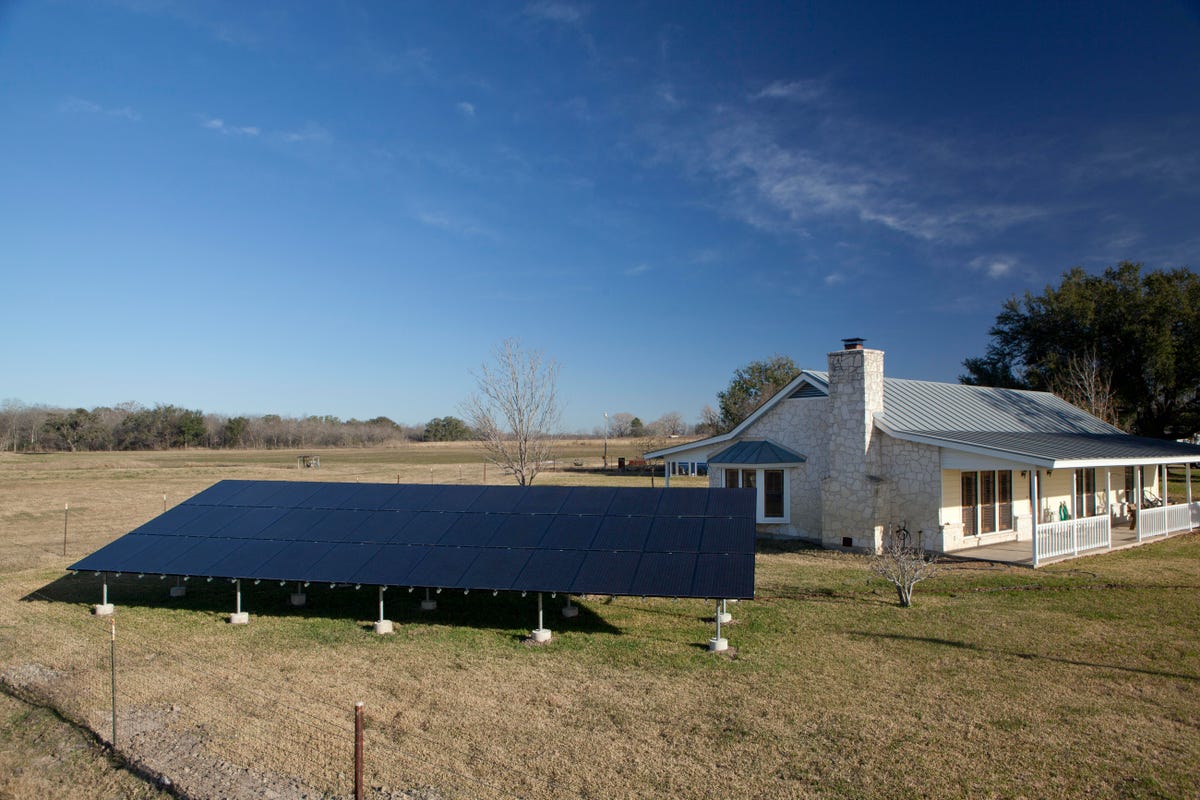
Solar panels in the South are likely to be more productive than in some other parts of the county.
How to pay for solar panels in the South
The process of paying for or financing a new solar system generally works the same in the South as anywhere else in the country. However, markets are influenced by the conditions set by local legislation, so you may find fewer financing options for solar in places where the policy climate is less favorable.
Cash: Paying upfront is typically the quickest way to get your solar project moving forward, as with most things. It’s also a good way to keep more in your account by avoiding today’s high interest rates.
Solar loan: There are a variety of financing products available designed specifically with solar systems in mind. They’re offered by both national and local financial institutions, so be sure to shop around for the best rates. A number of installers, particularly the larger national solar companies, may also have in-house programs to assist you, just ensure you read all the fine print.
Other types of loans: All kinds of organizations are out there waiting to lend money for whatever reason. You can bring your own financing to many solar companies in the form of a personal loan, home equity loan or home equity line of credit, aka HELOC.
Lease or power purchase agreement: If a decades-long commitment isn’t your thing right now, ask about the possibility of leasing a solar system. Another popular arrangement is a power purchase agreement, that amounts to almost the same thing in practice, but with a different payment structure. Power purchase agreements availability varies state to state and location to location.
The solar potential of the South
The south may have a reputation for being cloudy compared to the desert southwest, but it still has some of the best solar potential in the country, especially in Texas. Some southern states, notably Alabama and Mississippi, have relatively high electricity prices, making solar potentially more attractive where policies like net metering are in place.
Lots of solar panels and other equipment is currently manufactured in a few southern states, like Alabama.
“Without good solar policies, most of those panels are going to get shipped outside the state,” Kysor said.
The region continues to lag behind with such policies, but Kysor is optimistic that nationwide incentives like the federal tax credit may provide needed momentum to change that.
Installation factors to keep in mind
Almost every home has solar potential, but there may be dealbreakers like a lack of line of sight to the east, south and west or other obstructions. Among the key things to consider as you begin to ponder going solar:
- Does your roof have life left in it? Be sure it’s got another 15-20 years remaining at minimum or consider reroofing before putting panels on top of it.
- Check all local regulations and rules regarding solar, including state, municipal, county, neighborhood and homeowners’ associations.
- Look into all available tax credits, favorable financing, net metering and other incentives that may make your solar dreams more attainable.
How we found the best solar companies
The companies we listed above as “the best” are curated from CNET’s best solar companies list. Companies making the best list are scored on the equipment, warranties and customer service they offer. Then, we make sure these recommendations are available in your state. You can read a full breakdown of how we review solar companies here.
Companies listed under the local installers (unless otherwise noted) were chosen in a less rigorous way. We chose them because they offered something unique or notable to customers in the state, they seemed well-regarded by internet reviewers or because they were one of the few installers we could find information on in the state.
Whether we’ve completed a full review on a company or not, it’s always a good idea to get multiple quotes from different installers before choosing a company.
FAQs for solar in the South
Do solar panels save money?
Solar panels typically pay for themselves over time via net metering programs that credit homeowners for the energy they produce and send to the electrical grid. Off-grid systems can also save money by replacing a monthly electric bill completely.
Net metering is a program run by a local utility in which homeowners connect their solar system to the electrical grid and are compensated for the power they produce with billing credits against their own energy consumption.




















+ There are no comments
Add yours